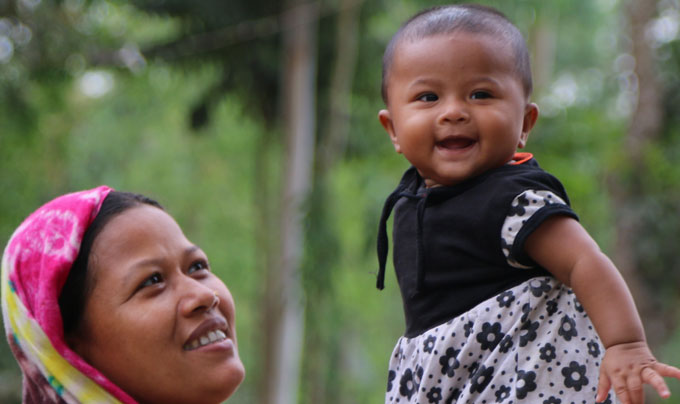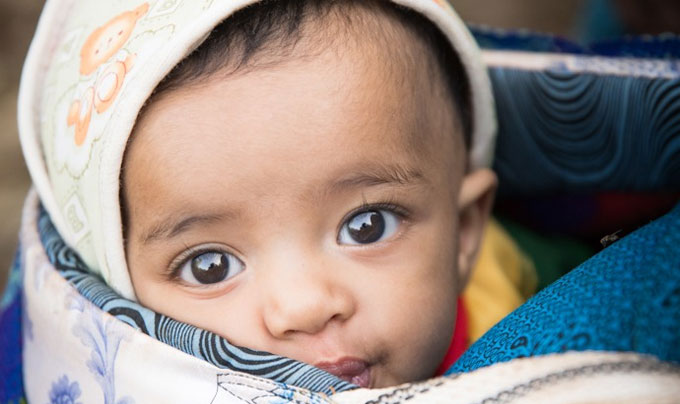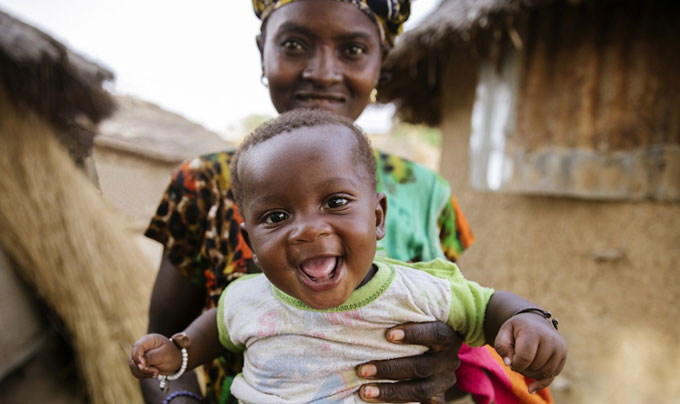





Born on Time works in communities across Bangladesh, Ethiopia, and Mali to prioritize the prevention of preterm birth. We believe that every mother has the right to a healthy, full-term pregnancy, and every newborn has the right to thrive.
Preterm birth is the leading cause of death for children under five around the world. It is often caused by gender discrimination that affects the health of women. We aim to empower women and adolescent girls, as well as to engage men, boys, and community leaders to tackle these barriers to maternal and newborn health, and sexual and reproductive health and rights.
We also target risk factors related to unhealthy lifestyle/behaviours, maternal infections, inadequate nutrition, and limited access to contraception that can lead to babies being born too soon.
Our program supports women and adolescent girls before, during, and between pregnancies by strengthening health systems with training, equipment, and supplies to provide quality, responsive care. Working closely with local governments and community stakeholders, this five-year initiative brings together the collective expertise and resources from World Vision Canada, Plan International Canada, Save the Children Canada, the Government of Canada and Johnson & Johnson, supporting the United Nation’s global movement to ensure every child is Born on Time.
Born on Time is amplifying an international movement spearheaded by the United Nations’ Global Health Alliance to help mothers deliver healthy babies on time.
This public-private partnership supports the UN’s Every Newborn Action Plan, as well as the Every Woman Every Child global strategy. With an intense focus in three countries, Born on Time will also drive progress toward achieving the global goal for newborn survival (SDG 3.2).
Born on Time welcomes other organizations interested in joining the global movement dedicated to preterm birth prevention and the opportunity to a healthy start for every child.
about 152,000 newborn babies
more than 196,000 adolescent girls
about 933,000 women of reproductive age (20 and up)